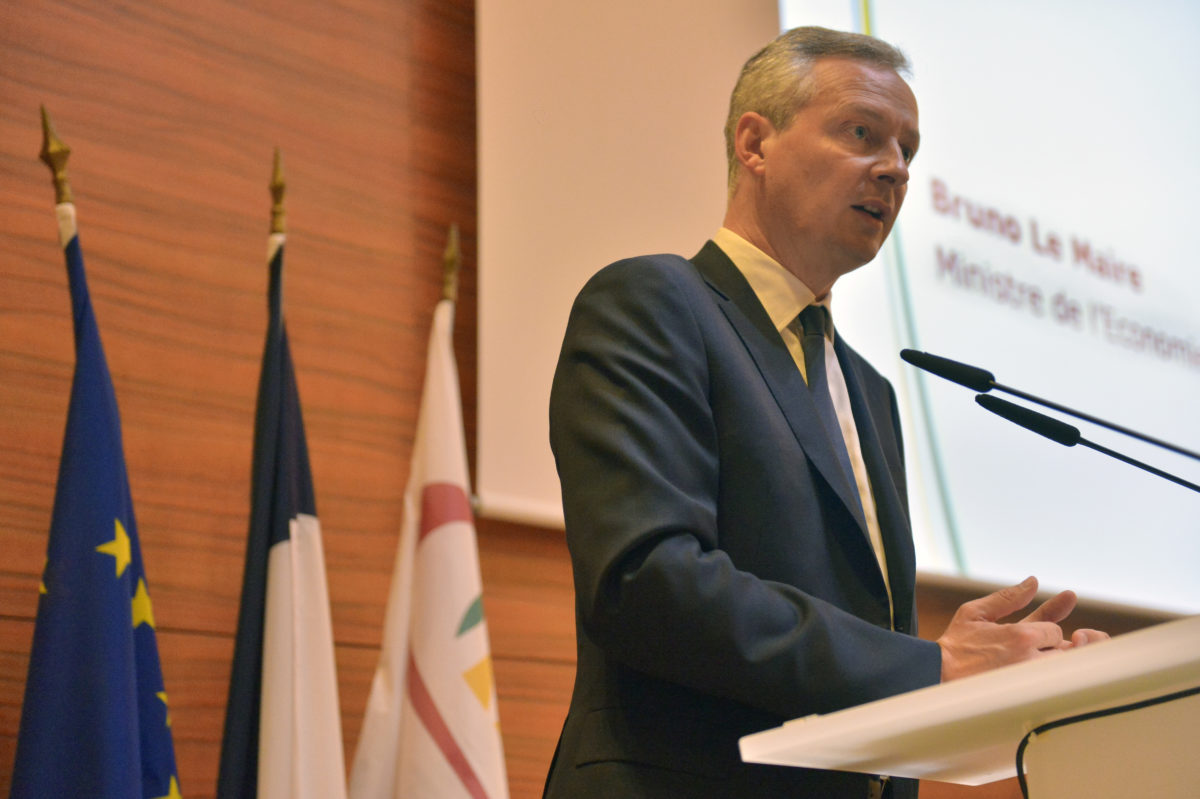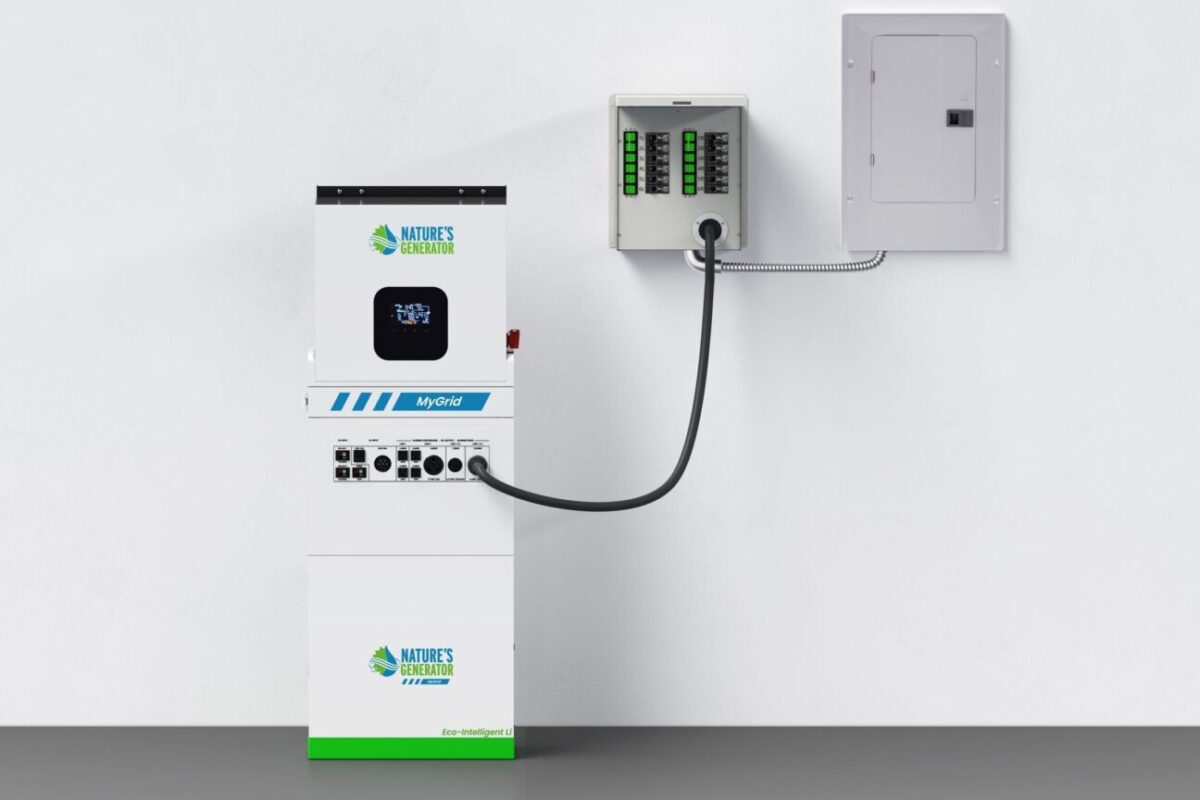In an energy storage market dominated by Asian manufacturers, and where demand could reach 400 GWh in 2025, the European battery industry currently represents only 3% of global supply.
France and Germany have been negotiating for 18 months to develop a battery industry. “We will need 10-25 gigafactories,” European Commission vice president Maroš Šefčovič said on Thursday. “The potential for employment is enormous: between 2 and 3 million direct and indirect jobs could be created in Europe.”
In a speech made in the presence of Šefčovič and German minister for economic affairs and energy Peter Altmaier, French minister of the economy and finance Bruno Le Maire announced an intent to secure investment of €5-6 billion for the first production line. Of that figure, €1.2 billion would come from public subsidies and around €4 billion from private funding.
A pilot plant would create 200 jobs in France next year and two further production plants are planned, one in Germany and one in France, each of which would create at least 1,500 jobs.
The European Commission hopes, by October, to give permission for the creation of an industry that would bypass the usual monopoly concerns and Šefčovič said the political bloc also planned to set up a platform to channel up €70 billion of additional, mostly private sector investment into the project.
“We want a complete sector: from extraction of minerals to the production of electric batteries and their recycling, in order to guarantee our sovereignty over the entire sector,” said Le Maire, “We want a sector of high level of technology that will be producing liquid batteries until 2022-2023. Of the kind that already exist today but at a higher level than the state-of-the-art and that will quickly develop a solid battery technology. You see that there is a very specific industrial and technological objective. I insist on this issue of recycling, which is also one of the differentiating factors of the European industry compared to other world sectors.”
Altmaier said 35 companies had responded to a call for expressions of interest, to form a consortium. Potential members include French battery manufactuer Saft, a unit of French oil giant Total, and automotive companies PSA and Opel. Other nations, including Italy, Belgium, Poland, Austria and Finland have also expressed interest.
Tesvolt manufacturing fab in Germany
Meanwhile, German battery manufacturer Tesvolt has announced its 1 GWh battery storage systems factory in Lutherstadt Wittenberg is being put into operation.
“The first phase of renovation, yielding 12,000m² of floorspace, will be finished in June, and by the final phase, annual production will have reached over 1 GWh in an area of 20,000m²,” the company said in a statement. “By then, it is estimated that the number of employees will have risen from today’s 60 to between 100 and 120.”
The semi-automated production line to be used at the factory was provided by German equipment supplier Teamtechnik
“Every battery module will be automatically tested for full functionality and data from each process step will be recorded for seamless retracing capability,” Tesvolt said. The manufacturer added, systems manufactured at the factory will be carbon neutral.
The facility will manufacture energy storage batteries for commercial and industrial customers.
Tesvolt was awarded €2.15 million by the European Commission’s small and medium-sized enterprise funding instrument to help establish mass production of its lithium-ion batteries. That added up to around 10% of the production line costs, Tesvolt said.
This content is protected by copyright and may not be reused. If you want to cooperate with us and would like to reuse some of our content, please contact: editors@pv-magazine.com.




By submitting this form you agree to pv magazine using your data for the purposes of publishing your comment.
Your personal data will only be disclosed or otherwise transmitted to third parties for the purposes of spam filtering or if this is necessary for technical maintenance of the website. Any other transfer to third parties will not take place unless this is justified on the basis of applicable data protection regulations or if pv magazine is legally obliged to do so.
You may revoke this consent at any time with effect for the future, in which case your personal data will be deleted immediately. Otherwise, your data will be deleted if pv magazine has processed your request or the purpose of data storage is fulfilled.
Further information on data privacy can be found in our Data Protection Policy.